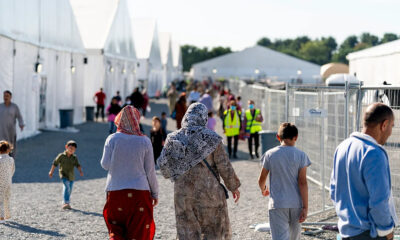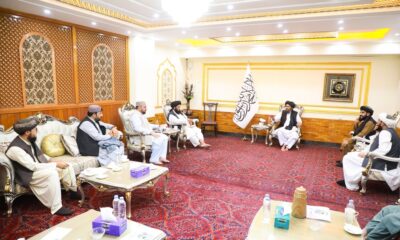Latest News
IEA: Some Western circles seeking to magnify Daesh
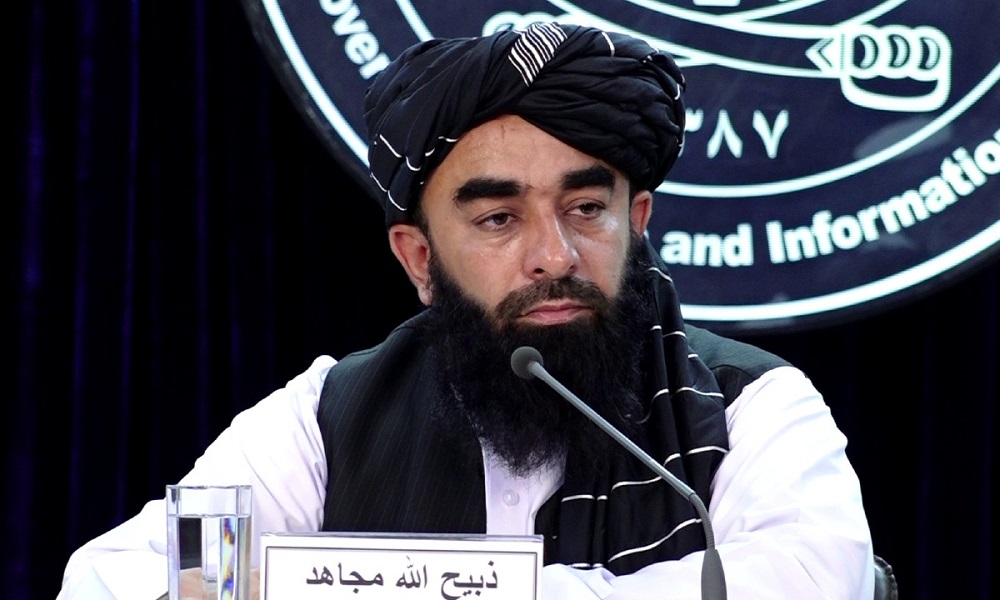
The Islamic Emirate of Afghanistan (IEA), in response to claims about the strengthening of Daesh in Afghanistan, says that some Western circles are seeking to magnify Daesh.
The Islamic Emirate’s spokesman Zabihullah Mujahid says that Daesh has been suppressed in Afghanistan and does not have the ability to launch attacks from Afghanistan against any country.
Recently, the former commander of the US Central Command (CENTCOM) claimed that Daesh is planning to attack America and other Western countries from Afghanistan.
Following the recent deadly attack on a concert hall near Moscow, the group made headlines around the world.
Many Western media organizations have reported that ISIS-Khorasan – or Daesh in Afghanistan – was responsible for the attack and that the group has gained strength.
In an interview with ABC News on Sunday, the former CENTCOM commander retired General Frank McKenzie said Daesh is planning to attack America and other Western countries from Afghanistan.
He said the group has a “strong desire” to attack the U.S. and other foreign powers and that the threat is only growing.
“We should believe them when they say that. They’re going to try to do it,” McKenzie told ABC News.
“I think the threat is growing,” McKenzie continued, pointing to the dangers from affiliates like ISIS-K after the broader group took responsibility for a deadly attack in Moscow earlier this month. The group also said it was behind a mass bombing in Iran in January.
“It begun to grow as soon as we left Afghanistan, it took pressure off ISIS-K. So I think we should expect further attempts of this nature against the United States as well as our partners and other nations abroad,” McKenzie said. “I think this is inevitable.”
McKenzie also raised the issue of the US troops withdrawal in August 2021 and said a contingent should have been left behind to fight Daesh.
While US President Joe Biden said at the time that an “over-the-horizon capability” to “act quickly and decisively” in Afghanistan would be maintained, McKenzie disputed that.
“In Afghanistan, we have almost no ability to see into that country and almost no ability to strike into that country,” he said.
That is a boon to the Islamic State and similar such militants, he said.
“If you can keep pressure on them … in their homeland and their base, it makes it hard for them to conduct these types of attacks,” he said. “Unfortunately, we no longer place that pressure on them, so they’re free to gain strength, they’re free to plan, they’re free to coordinate.”
The Islamic Emirate of Afghanistan (IEA), however, says that some Western circles are seeking to magnify Daesh. The IEA has said Daesh has been suppressed for more than two years and is unable to launch attacks outside of Afghanistan.
However, experts believe that the threat of Daesh will increase with the passage of time, and to fight this group, all countries need to work closely together and repel the threats.
Latest News
Trump administration to end protection program for Afghans
Over 8,000 Afghans were approved for TPS as of last year, according to federal statistics.
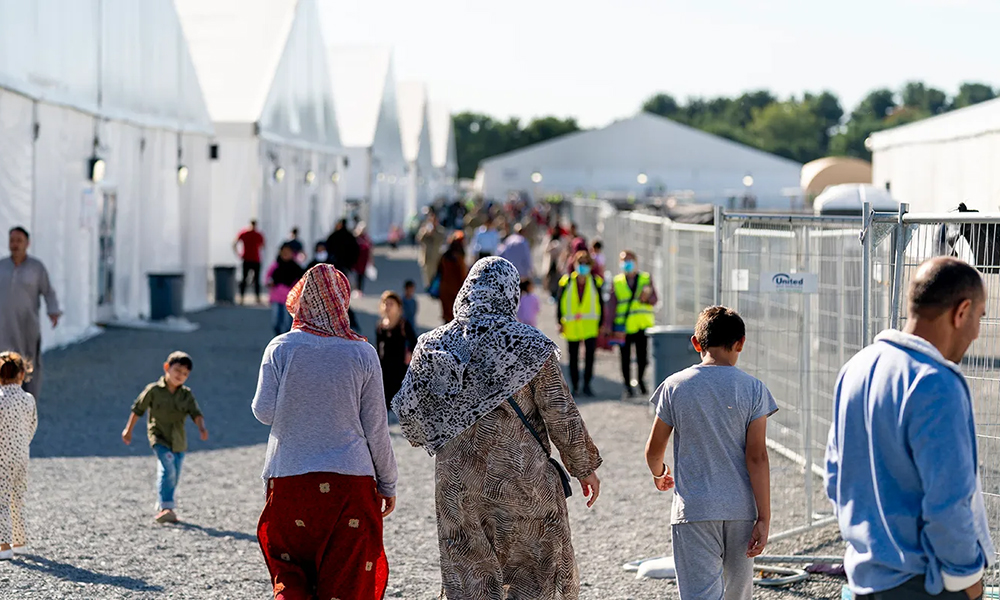
The Trump administration is ending the Temporary Protection Program that offered deportation protection to thousands of people from Afghanistan.
The Department of Homeland Security said Monday it will end the program on July 12.
The TPS program allows migrants to get work permits and temporary reprieve from deportation if the U.S. government determines it is unsafe for them to return to their home countries due to war, natural disaster or other issues.
Over 8,000 Afghans were approved for TPS as of last year, according to federal statistics.
TPS was last extended for Afghanistan in 2023, and it was set to expire in May unless the Trump administration chose to grant another extension.
“This decision is unconscionable and will have long-lasting ripple effects,” #AfghanEvac, a group that helps relocate Afghans, said in a post on X.
Latest News
Domestic investors eye $650 million investment in Hajigak iron mine
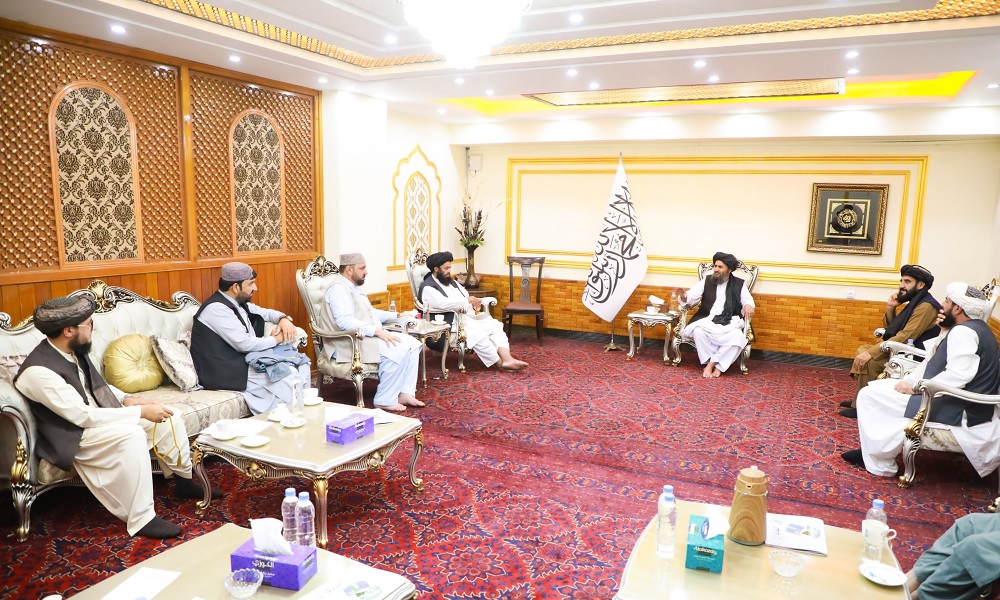
A number of domestic investors have announced plans to invest $650 million in three phases for the exploration and extraction of one of the blocks in the Hajigak iron mine.
The announcement was made during a meeting on Monday with Mullah Abdul Ghani Baradar, Deputy Prime Minister for Economic Affairs, who welcomed the initiative and reaffirmed the Islamic Emirate’s full support for such investments.
According to the investors, the project will be implemented in partnership with a foreign company and carried out using professional and modern mining standards. In addition to extraction, the plan includes the establishment of a sponge iron processing plant within Afghanistan, equipped with advanced technology and compliant with international standards.
The facility is expected to process up to 9,000 tons of sponge iron daily, converting it into steel billets to meet Afghanistan’s domestic demand for iron products. The project is also projected to create 6,000 direct jobs, contributing significantly to the local economy.
Mullah Baradar instructed the Ministry of Mines and Petroleum to collaborate closely with the investors and to regularly report on the project’s progress. He reiterated the government’s commitment to supporting initiatives that foster economic growth and self-reliance in the mining sector.
Latest News
Afghan energy minister leaves for international energy conference in Uzbekistan
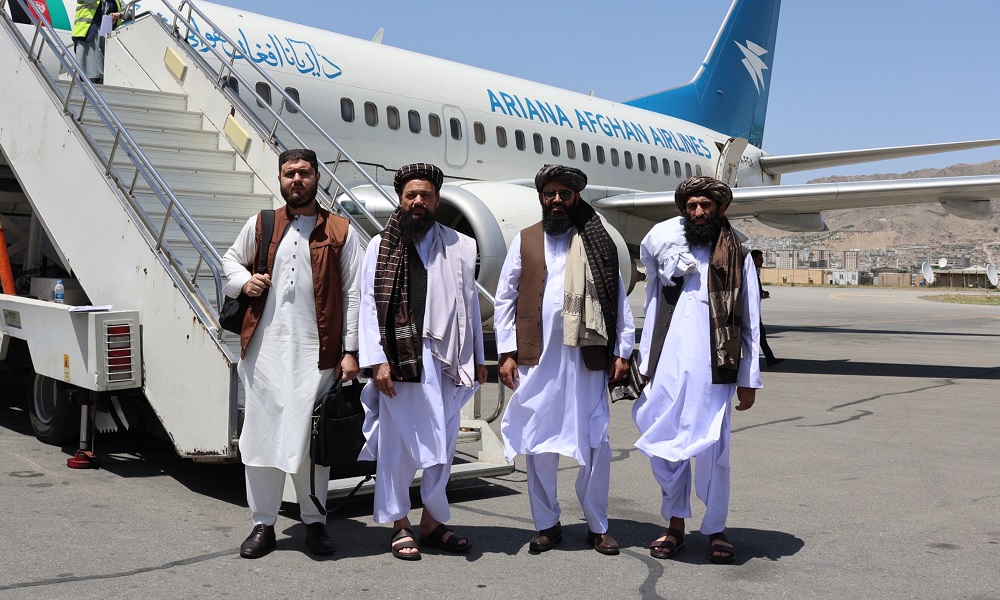
Acting Minister of Energy and Water Abdul Latif Mansoor has left Kabul for Tashkent to participate in the fifth Uzbekistan International Energy Conference.
The event is part of Energy Week of Uzbekistan 2025 that is focused on regional partnership for sustainable energy. It will be held from May 13 to 15.
The aim of the summit is to strengthen regional cooperation, attract investment in joint energy projects, exchange experiences and promote green technology, the Ministry of Energy and Water said in a statement.
During the conference, Mansoor is expected to emphasize expanding cooperation with regional countries, attracting foreign investment and using successful international experiences in the field of energy resource management, the statement said.
Representatives of regional countries, including Uzbekistan, Kazakhstan, Turkmenistan, Russia, as well as organizations s such as the International Atomic Energy Agency and the World Bank, are expected to attend the conference.
-

 Sport5 days ago
Sport5 days agoAriana Television to broadcast 4th edition of Afghanistan Futsal Premier League
-
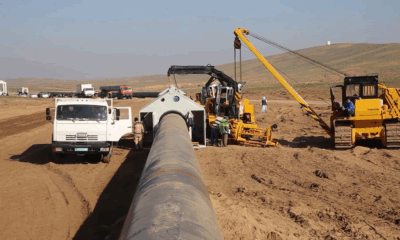
 Latest News5 days ago
Latest News5 days agoTAPI pipeline to reach Herat by end of 2025: Ministry
-

 Latest News5 days ago
Latest News5 days agoNearly one-third grapple with hunger in Afghanistan: WFP
-

 Sport5 days ago
Sport5 days agoIPL 2025: Dharamsala match abandoned due to security concerns
-

 Regional4 days ago
Regional4 days agoIndia says military stations attacked by Pakistan drones and missiles
-
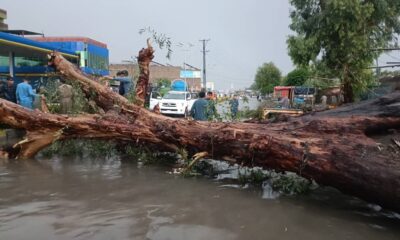
 Latest News4 days ago
Latest News4 days agoOne dead, dozens injured as powerful storm strikes Jalalabad, Afghanistan
-

 Latest News4 days ago
Latest News4 days agoEx-Afghan deputy speaker Qadeer back in Kenyan court for criminal case
-
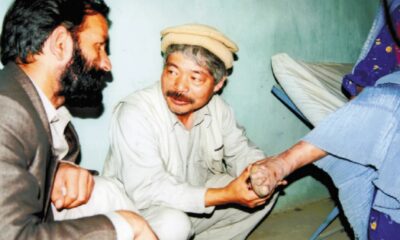
 Health4 days ago
Health4 days agoJapanese charity Peshawar-Kai to resume leprosy treatment in Afghanistan


